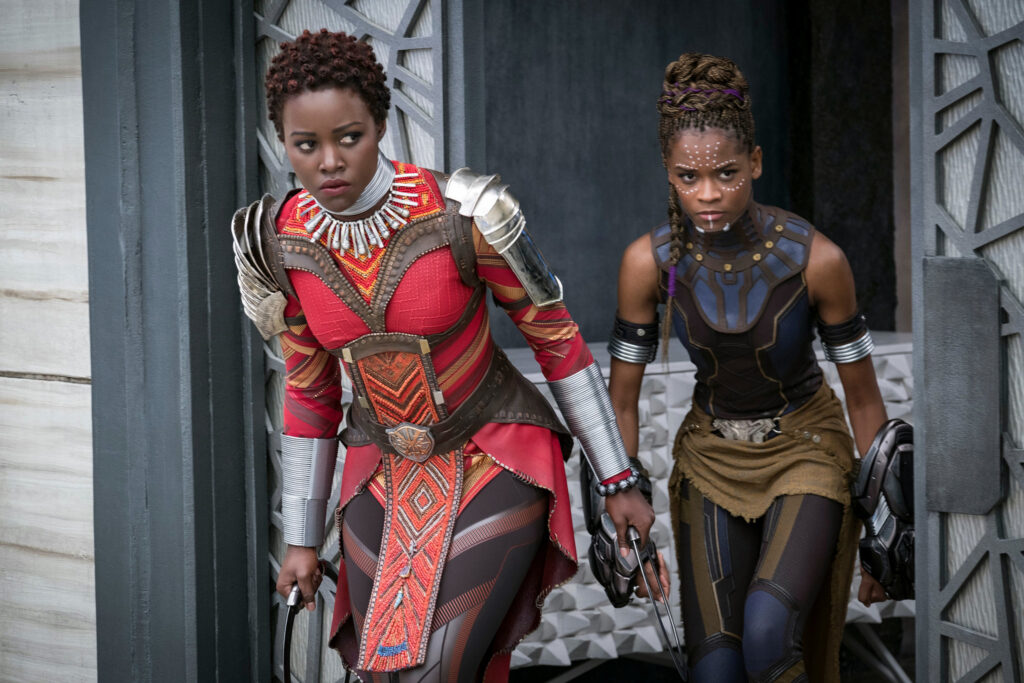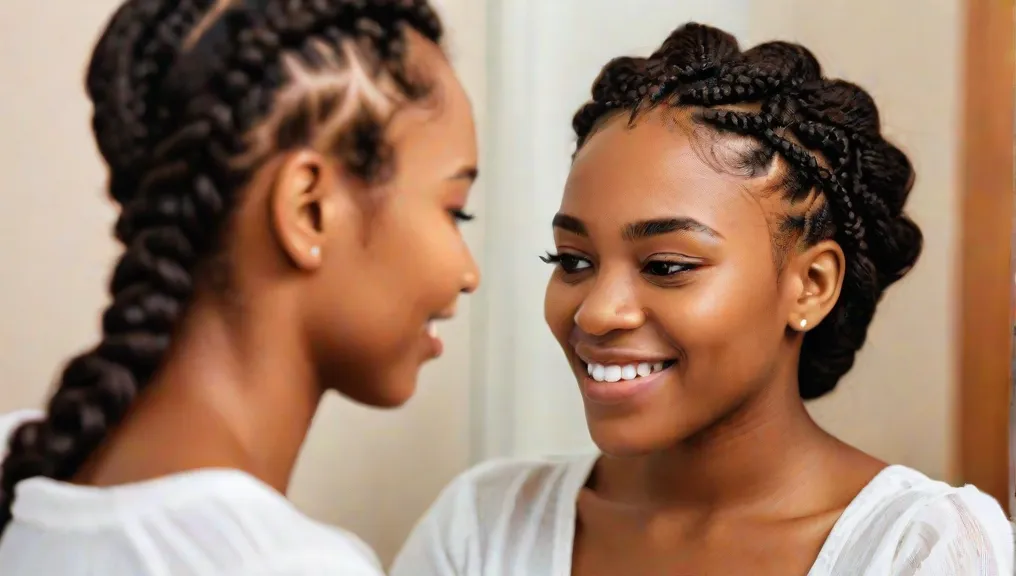Black hair has long been more than just a matter of style; it is a profound emblem of identity, culture, and resilience.
Throughout history, the textures and styles of Black hair have been imbued with deep cultural significance, serving as a medium for storytelling, resistance, and self-expression.
Yet in contemporary times, Black hair continues to play a pivotal role in shaping pop culture, influencing music, film, and fashion. This article delves into the rich tapestry of Black hair, exploring its journey and its indelible impact on popular culture.
Historical Roots: More Than Just Hair
In many African societies, hair was a symbol of one’s identity, denoting everything from social status to tribal affiliation.
Intricate hairstyles were not merely decorative but served as a form of communication. The art of hair braiding, for instance, was a communal activity, fostering bonds and passing down traditions through generations.
This cultural heritage underscores the significance of hair as a medium of personal and collective expression.
The Politics of Black Hair: A Struggle for Acceptance
The transatlantic slave trade disrupted these rich traditions, as enslaved Africans were subjected to brutal conditions that stripped them of their cultural identities.
Hair, once a source of pride, became a site of oppression. In the Americas, European beauty standards dominated, leading to the marginalization of Black hair textures and styles.
This societal pressure gave rise to practices aimed at altering natural hair to conform to these imposed norms.
However, the 1960s and 1970s witnessed a powerful reclamation of Black identity. The Afro emerged as a potent symbol of resistance and pride during the Civil Rights Movement.
Icons like Angela Davis wore their natural hair as a statement against systemic oppression, challenging prevailing beauty standards and asserting the beauty of Blackness.
Black Hair in Music: A Symphony of Styles
Music has always been a conduit for cultural expression, and Black hair has played a starring role in this narrative. In the 1970s, funk and soul artists like Diana Ross and the Jackson 5 popularized voluminous Afros, making them synonymous with the era’s vibrant music scene. These hairstyles were not just fashion statements but declarations of cultural pride and unity.
In contemporary music, artists continue to celebrate and redefine Black hair.
Solange Knowles, for example, has been vocal about embracing natural hair, using her platform to challenge conventional beauty norms. Her song “Don’t Touch My Hair” is a personal anthem and a broader commentary on the politics surrounding Black hair.
Black Hair in Film: Representation and Reality

Cinema has the power to shape societal perceptions, and the portrayal of Black hair in film has evolved significantly over the decades.
Early representations often adhered to Eurocentric beauty standards, with Black actresses pressured to straighten their hair to gain roles. This not only marginalized natural Black hair but also perpetuated a narrow definition of beauty.
The late 20th and early 21st centuries have seen a shift towards more authentic representations. Films like “Crooklyn” and “Black Panther” showcase a diverse array of Black hairstyles, from braids to natural curls, celebrating their beauty and cultural significance.
These portrayals have played a crucial role in normalizing Black hair in mainstream media and empowering individuals to embrace their natural textures.
Black Hair in Fashion: From Marginalization to Mainstream

The fashion industry has historically sidelined Black hair, often favoring styles that align with Eurocentric aesthetics.
However, recent years have witnessed a transformative change. High-profile fashion shows now feature models donning natural hairstyles, and designers are increasingly drawing inspiration from traditional African hair art.
This shift is not merely aesthetic but also political. Embracing natural Black hair in fashion challenges long-standing beauty norms and promotes inclusivity. It sends a powerful message that all hair types are beautiful and worthy of celebration.
The Ongoing Struggle: Discrimination and Legislation
Despite the strides made in media and fashion, discrimination against Black hair persists. Many Black individuals face biases in professional and educational settings, where natural hairstyles are deemed “unprofessional” or “distracting.” This systemic prejudice has profound implications, affecting self-esteem and economic opportunities.
In response, legislative measures like the CROWN Act (Creating a Respectful and Open World for Natural Hair) have been enacted in several U.S. states to prohibit hair-based discrimination.
These laws represent a significant step towards acknowledging and rectifying the biases that have long plagued Black communities.
Conclusion
Black hair is a powerful emblem of identity, culture, and resilience!
Its journey from ancient African societies to its profound influence on contemporary pop culture is a testament to the enduring spirit of Black communities.
As music, film, and fashion continue to evolve, Black hair remains at the forefront, challenging norms, inspiring change, and celebrating the rich tapestry of Black heritage.
Embracing the diversity and beauty of Black hair is not just a cultural imperative but a societal one, fostering a world where all expressions of identity are honored and celebrated.
